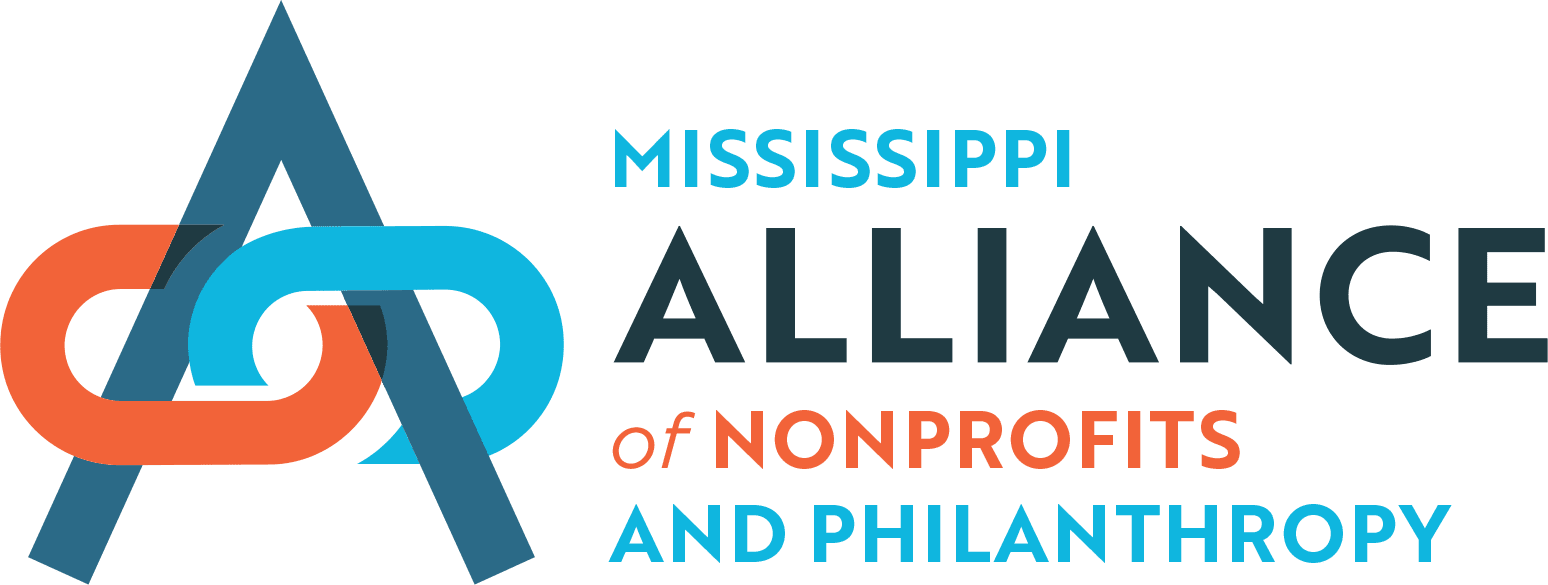Each May, the National Council for Mental Wellbeing joins a national movement to bring attention to mental health during Mental Health Awareness Month (MHAM). Here is some helpful information about mental health in America:
Facts & Figures
1 in 6 adolescents (aged 12-17) in the U.S. experienced a major depressive episode in 2020
1 in 3 young adults (aged 18-25) in the U.S. experienced mental illness in 2020
1 in 5 adults (52.9 million adults) in the U.S. experienced mental illness in 2020
54% of adults with mental illness did not receive treatment in 2020
The average delay between symptom onset and treatment for mental illness is 11 years
32.1% of U.S. adults with mental illness also experienced a substance use disorder in 2020
40.3 million people aged 12 or over had a substance use disorder in 2020
22.3 million Americans live in recovery after some form of substance use disorder
3 out of 4 people who experience addiction eventually recover
Suicide is the second-leading cause of death among people aged 10-34
To help you recognize this important observance and support those who may be experiencing a mental health or substance use challenge, as well as those in recovery, visit our MHAM directory and take advantage of the following resources:
Mental Wellbeing Resources
Explore the following resources available to you:
Mental Health First Aid – Get trained today!
Mental Health First Aid Blog – Learn how to stay healthy and help others
BH365 Blog – Get the latest thought leadership, tips and best practices
National Council Virtual Learning – Enjoy new episodes in our video series
YouTube – Watch our videos to learn more about mental health
Upcoming events – Learn from our subject matter experts
Consulting – Learn how to invest in your employees’ wellbeing
Interest Groups – Discover new interventions for select communities
Take action in support of mental health and substance use policy:
Hill Day at Home 2022 – Join us virtually on Wednesday, June 8, to experience an afternoon of advocacy, gain insight into Congress and the Biden Administrations’ mental health and substance use agendas, and discover new tips and techniques for educating your elected officials about the needs of our field
Be an Advocate – Urge your elected officials to bolster support for mental health and substance use programs and organizations
Advocacy Handbook – Take advantage of these tips, techniques and templates for becoming a mental health and substance use treatment advocate in your community
Certified Community Behavioral Health Clinics (CCBHC) – Learn about CCBHCs and their role in expanding access to mental health and substance use services
Mental Health First Aid Resources
Learn how you can help yourself and someone in need:
How and Why to Practice Self-care
Taking Care of Yourself and Others When It’s All Bad News (or Seems Like It)
Five Tips to Turn Around a Stressful Day
Check out our latest blog posts for mental health tips and resources:
Use Person-first Language to Reduce Stigma
Black Mental Health Matters: A Resource Guide
How to Support Military Members and Veterans During COVID-19
Here are a few youth- and teen-related resources:
Talking to Your Teen About Mental Health
Helping Your Friend Connect with a Trusted Adult
Tips to Help Teens Cope During COVID-19
Related Articles
A message from your executive director…
A warm hello to our esteemed members and friends. This edition of The Ally seeks to celebrate the rich tapestry that February brings by recognizing Black History Month and other notable events that shape this dynamic month.
Nonprofit Member Spotlight | Family Biz Builder
Family Biz Builder (FBB) is a transformative force in Tunica County, Mississippi. Since 2014, FBB, a compassionate 501(c)(3) nonprofit youth training and development organization, has been the guiding light for countless low-income, at-risk children aged 5-17 and their families across Tunica, Coahoma, and Desoto Counties.
Nonprofit Member Spotlight | Alluvial Collective
Cultivating belonging and wholeness in the world
Friends and Partners,
I’m grateful to be connected to you in this season of celebration and acknowledgment of Black history.



